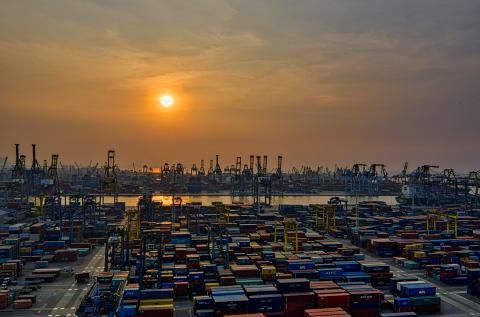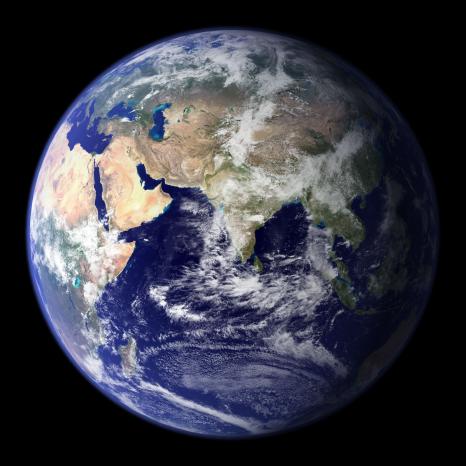
INVASIVE SPECIES AND INTERNATIONAL TRADE: WHAT POLICY FOR THE PRESERVATION OF BIODIVERSITY?
Preserving biodiversity is considered essential to the achievement of many sustainable development goals1. Biological invasions introduced through international trade are a growing threat2 to the preservation of biodiversity and the benefits derived from nature3 , to human and animal health4 and to agricultural production5.
Biological invasions are less discussed in the economic literature on the environmental effects of trade than climate change, yet they represent both a major issue due to the scale of the associated damage and an original economic problem due to the specific nature of the type of externality concerned (directly linked to trade flows, the spatial and dynamic dimensions of invasions, with an international chain of responsibilities).
Understanding the determinants of their introduction outside their ecosystem of origin and the consequences of their presence within territories is a challenge to curb their spread and limit the colossal ecological and economic impacts associated with them. The thesis will explore these issues by characterizing the determinants of biological invasions, assessing the economic consequences of their existence and proposing optimal economic policy measures for biodiversity preservation and disease prevention. The doctoral work will draw on contributions from international economics, environmental economics, health economics, and spatial economics by proposing theoretical and empirical analyses.
Ce projet (2022-2024) implique un laboratoire de C-BASC (PSAE) et un autre laboratoire de l'Université Paris-Saclay. La thèse est dirigée par Estelle Gozlan (PSAE, INRAE, GS Biosphera), Caroline Orset (PSAE, AgroParisTech, GS Biosphera) et Florence Puech (RITM, UPSaclay, GS Economie & Management). L'étudiant Jean Marc Akole effectuera un séjour à l'Université de Californie à Santa Barbara et au labo AMAP à Montpellier. La thèse est cofinancée par le département EcoSocio de l'INRAE et rattachée à l'école doctorale ABIES de l'Université Paris-Saclay.
This project (2022-2024) involves a laboratory of C-BASC (PSAE) and another laboratory of the University of Paris-Saclay. The thesis is directed by Estelle Gozlan (PSAE, INRAE, GS Biosphera), Caroline Orset (PSAE, AgroParisTech, GS Biosphera) and Florence Puech (RITM, UPSaclay, GS Economie & Management). The student Jean Marc Akole will spend a short time at the University of California at Santa Barbara and at the AMAP lab in Montpellier. The thesis is co-financed by the EcoSocio department of INRAE and is attached to the ABIES graduate school of the University of Paris-Saclay.
Sources: 1 Reyers et Selig, 2020 ; IPBES, 2019 2 Early et al., 2016 3 Seidl et al., 2018 4 Bradshaw et al., 2016 5 Paini et al., 2016 ; Ay et Gozlan, 2020.

